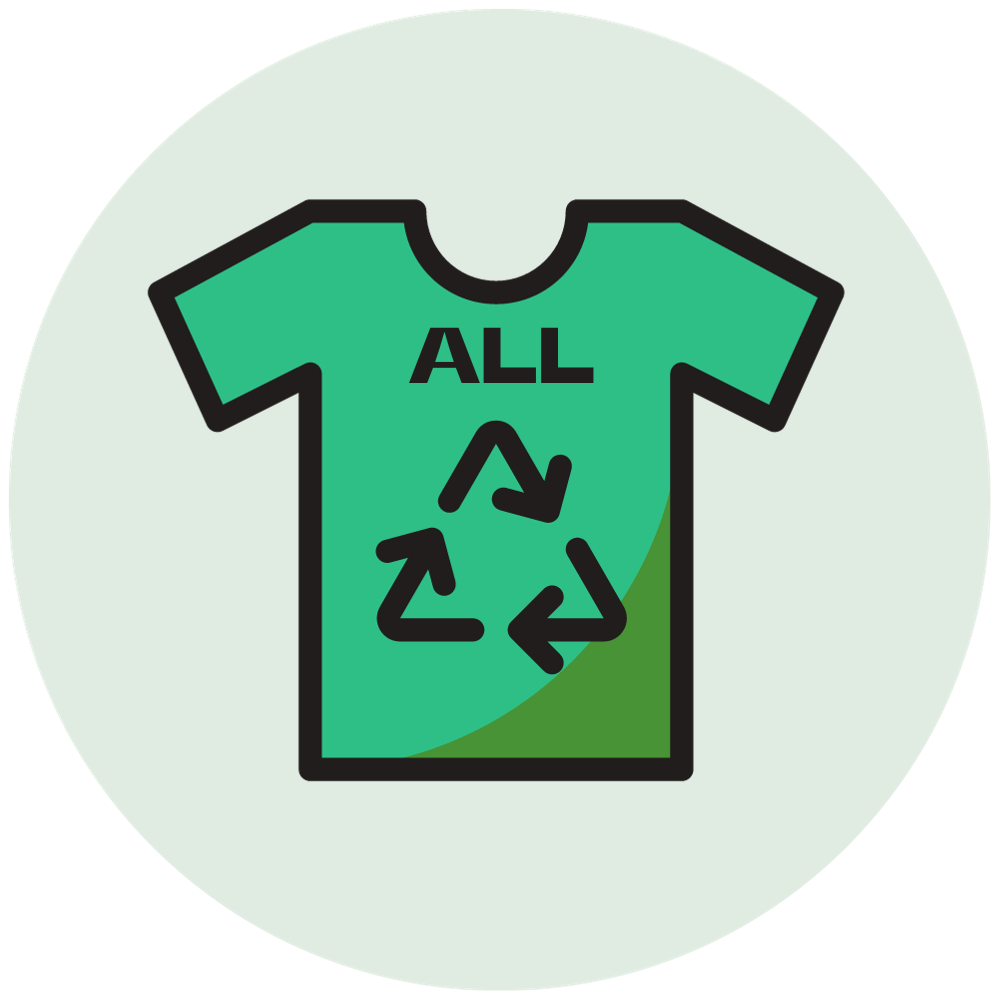Aftermath Learning Lab is a research and art lab founded in 2019 that has several grant-funded projects.
Aftermath Learning Lab is an environmental health research and art lab whose mission is to reduce global textile waste and other technology-related pollution through research at the intersection of art, policy, developmental psychology, education, and public health with an applied environmental justice lens. The lab is an academic-community partnership between researchers at Boston College and partners Make Fashion Clean (MFC) and The Matilda Flow Inclusion Foundation (MFI Foundation). The lab is run by an interdisciplinary team of researchers studying human development, informal STEM learning, health equity, and design-driven thinking along with artists, environmental educators, and activists. The lab was founded in 2019 out of years of related collaboration between Dr. Julia DeVoy, Dielle Lundberg, and Matilda Lartey.
Website: aftermathlearninglab.com
Instagram: @aftermathlearninglab
Email: info@aftermathlearninglab.com

















